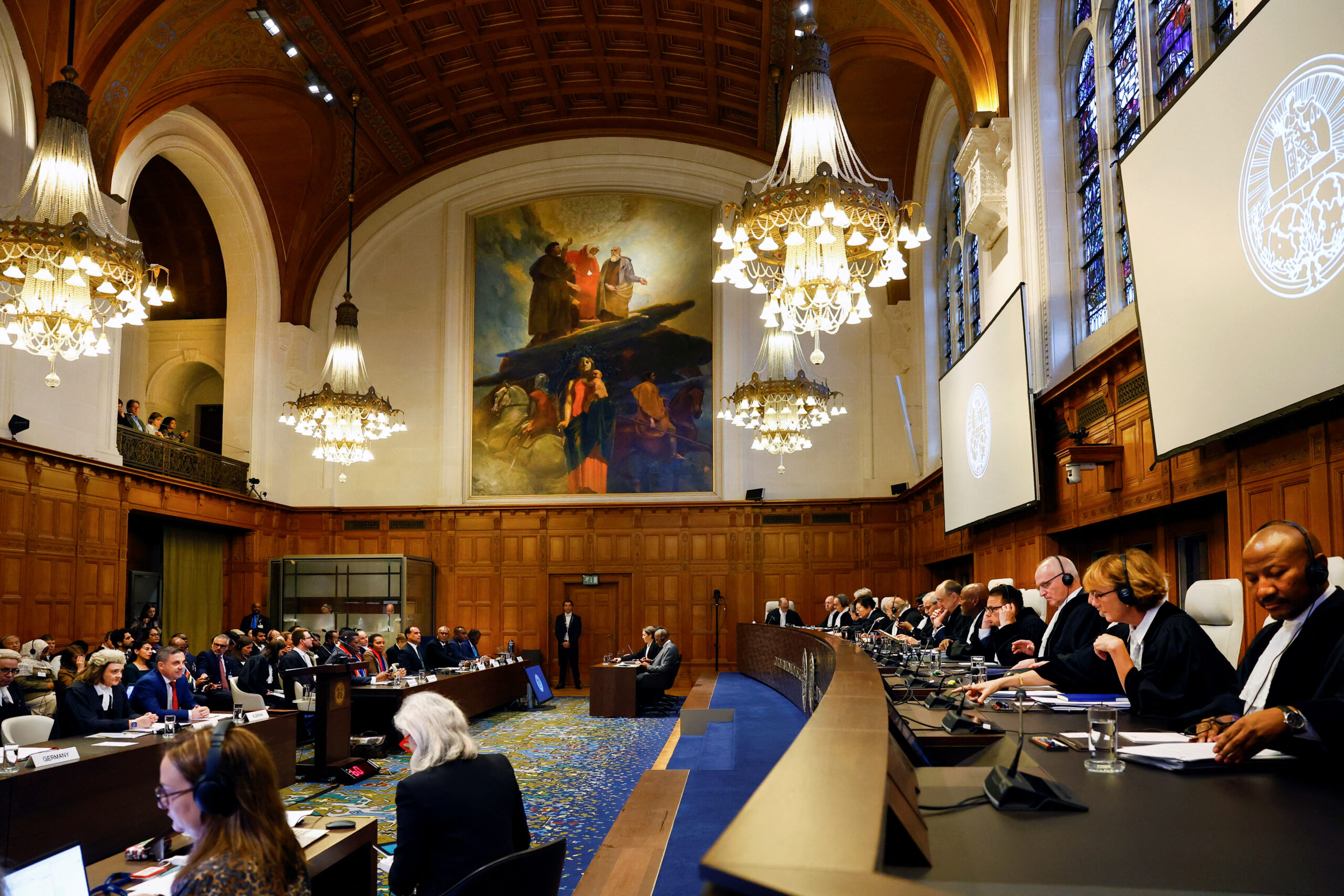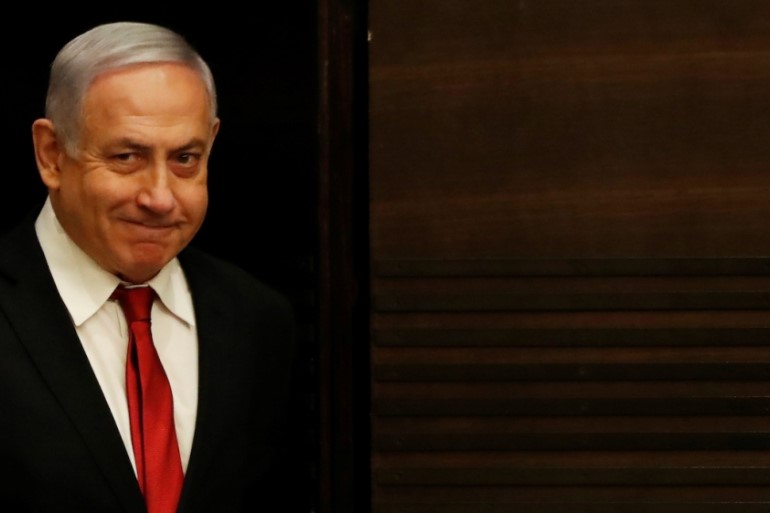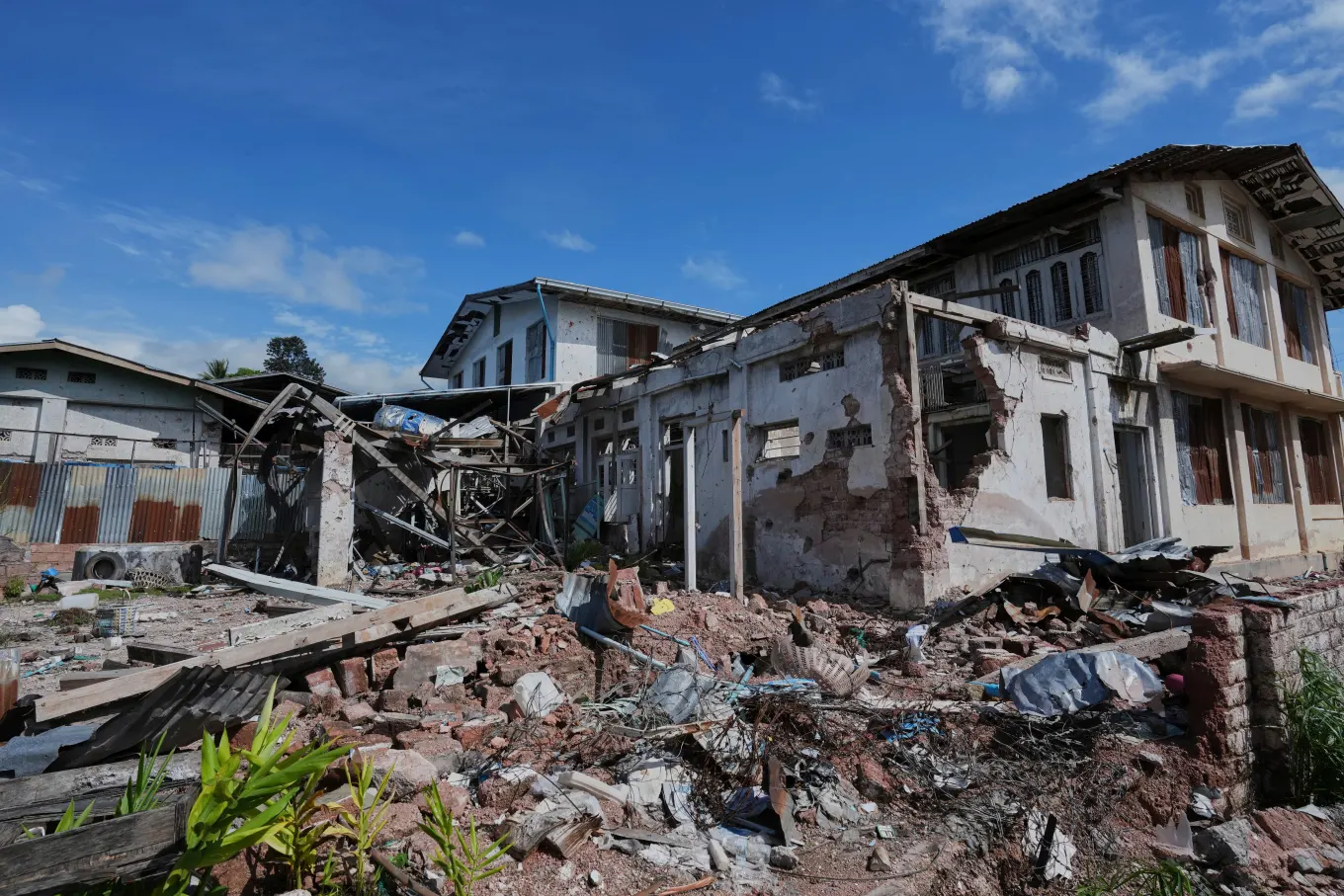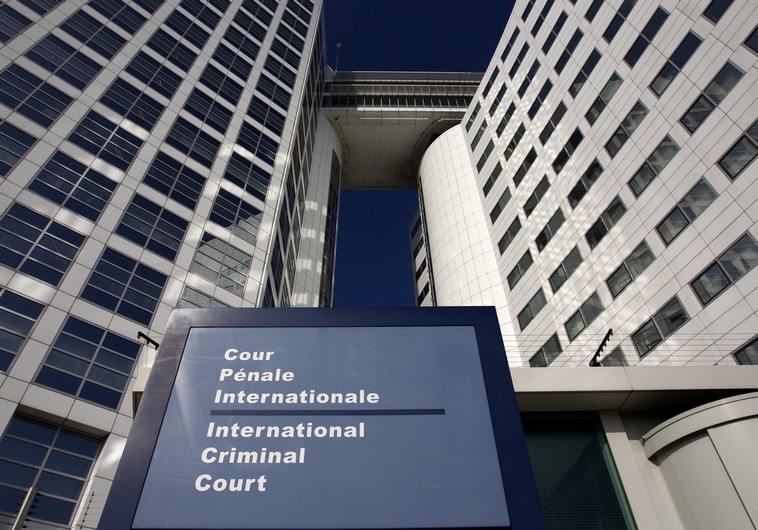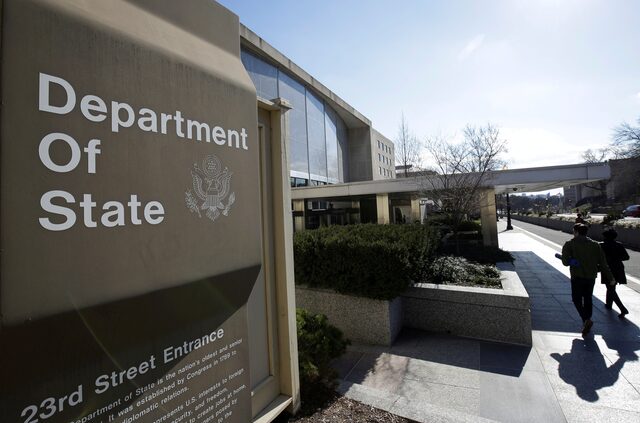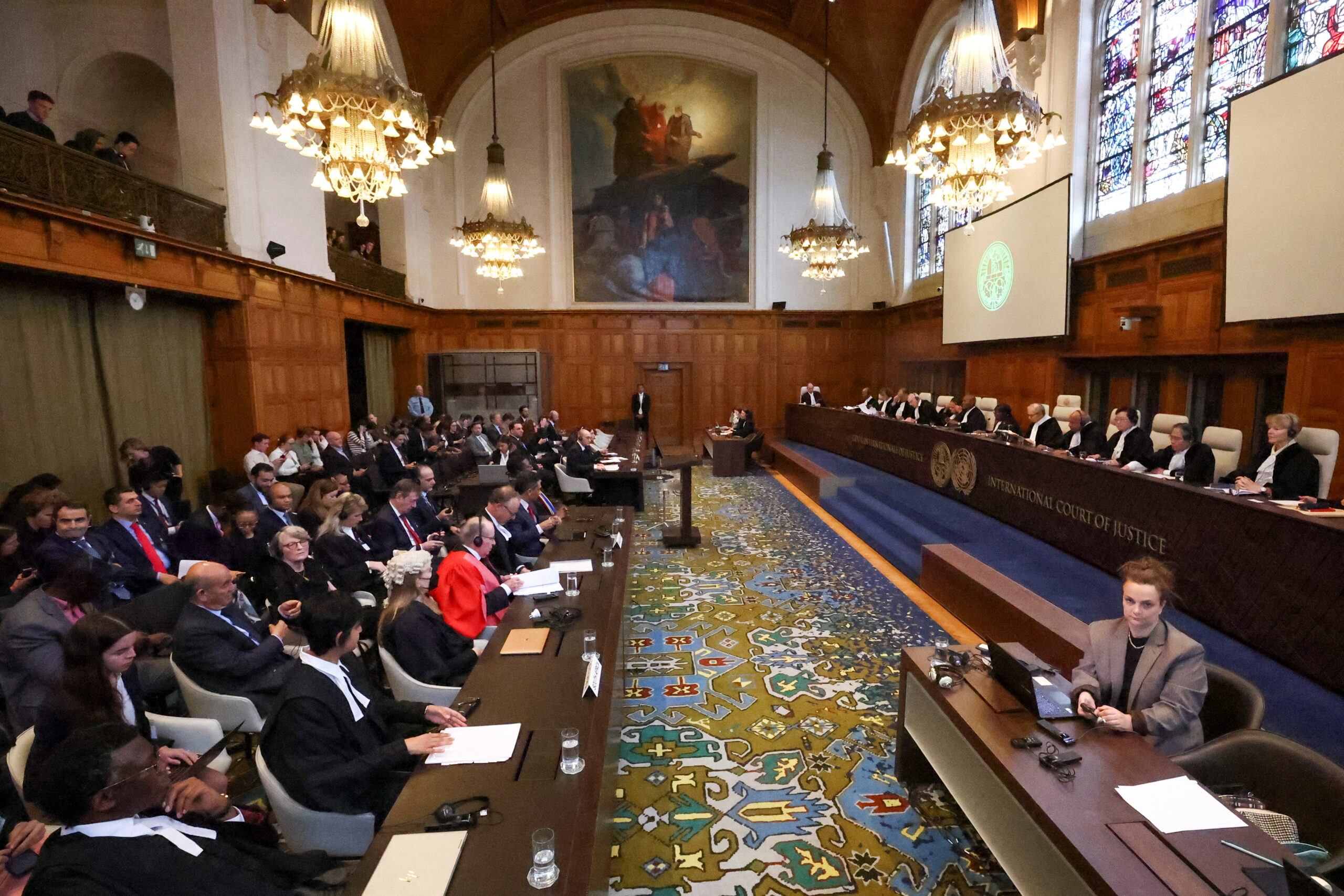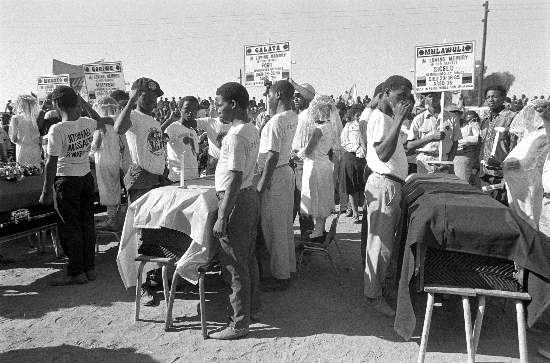ICC upholds Ntaganda conviction and 30-year sentence
![Bosco Ntaganda and his lawyer Stephane Bourgon at the ICC in 2018 [AP]](https://liberties.aljazeera.com/resources/uploads/2021/03/1617186346.jpeg)
Bosco Ntaganda and his lawyer Stephane Bourgon at the ICC in 2018 [AP]
On Tuesday the International Criminal Court (ICC) upheld the war crimes conviction and 30-year sentence imposed on former Congolese warlord Bosco Ntaganda.
Ntaganda was convicted on 18 counts of war crimes committed in the early 2000s.
During the Congolese conflict, Ntaganda’s Union of Congolese Patriots (UPC), dominated by the Hema clan, targeted rival Lendu people for expulsion from the mineral-rich Ituri region. Hundreds were killed and many thousands were forced to flee.
He was sentenced in 2019 for murder, rape, using child soldiers and other atrocities.
Dismissing an appeal by Ntaganda, Judge Howard Morrison said on Tuesday that the ICC’s appeals chamber ‘confirms by a majority the conviction decision’.
Kevin Jon Heller, professor at the University of Copenhagen, described the verdict as a ‘huge win for Fatou Bensouda and the Office of the Prosecutor who lost a high-profile conviction on appeal a few years ago in the Bemba case.’
The 30-year sentence is the longest sentence imposed by the ICC to date.
Heller says: ‘The Appeals Chamber’s decision is not surprising. The evidence against Ntaganda was very strong, and the prosecution did an excellent job at trial.’
Judges divided
Elies van Sliedregt, professor at the University of Leeds said to Al Jazeera: ‘It strikes me as a judgment that – while it was a majority ruling on endorsing the Trial Chamber’s conviction and sentence – is very divided on the law. The judgement comes with 4 separate opinions and 1 partly concurring opinion.
Van Sliedregt explains: ‘The main legal issue judges are divided on is the concept of criminal responsibility that is central to the conviction: indirect co-perpetration. This is a very complex legal theory that has always been controversial. Judge Morrison, presiding over this case, says it has no settled status in international criminal law and is essentially a German-imported theory. It is unnecessarily complicating the law and alternatives like instigation or ordering (crimes) could have been used instead.’
‘It is unfortunate that the judges could not agree on the law of criminal responsibility. It does leave a cloud over this concept of liability and defendants will – understandably – feel it is unfair to be charged on this basis’, says Van Sliedregt.
Long sentence
Commenting on the 30-year sentence Van Sliedregt says: ‘Ntaganda was not a Karadzic or Mladic type of leader, those who master-minded crimes at the most senior, state level, and who both received life sentences. Against that background 30 years does not seem inappropriate’.
Heller says: The prosecution will be gratified that the Appeals Chamber unanimously upheld Ntaganda’s 30-year sentence and almost unanimously upheld all of his convictions.
Nick Kaufman, defence counsel at the ICC, said to Al Jazeera: ‘For the crimes concerned, including the cold-blooded murder of Abbe Boniface Bwanalonga, personally perpetrated by Bosco Ntaganda, a 30 year sentence can hardly be viewed as unreasonable.’


